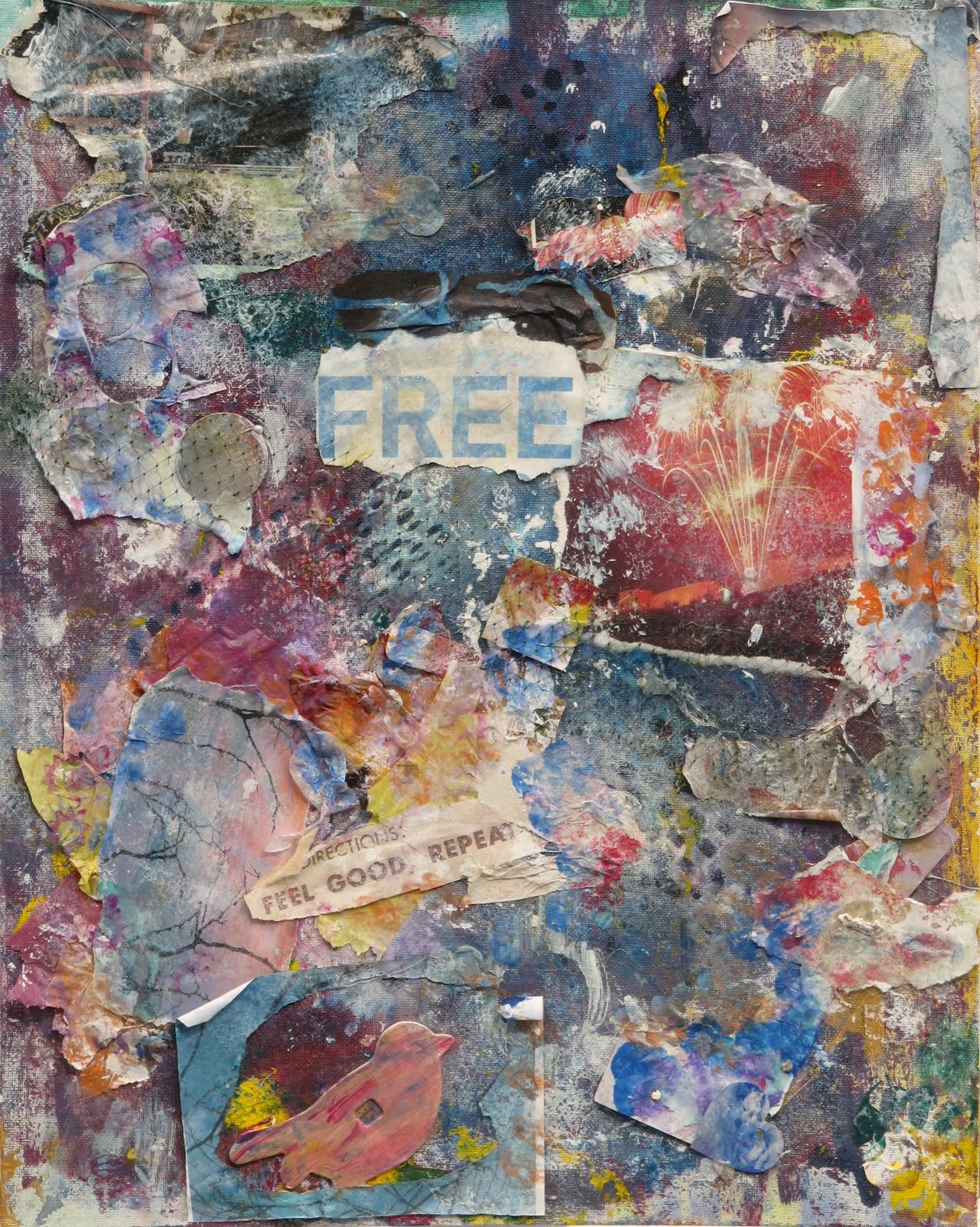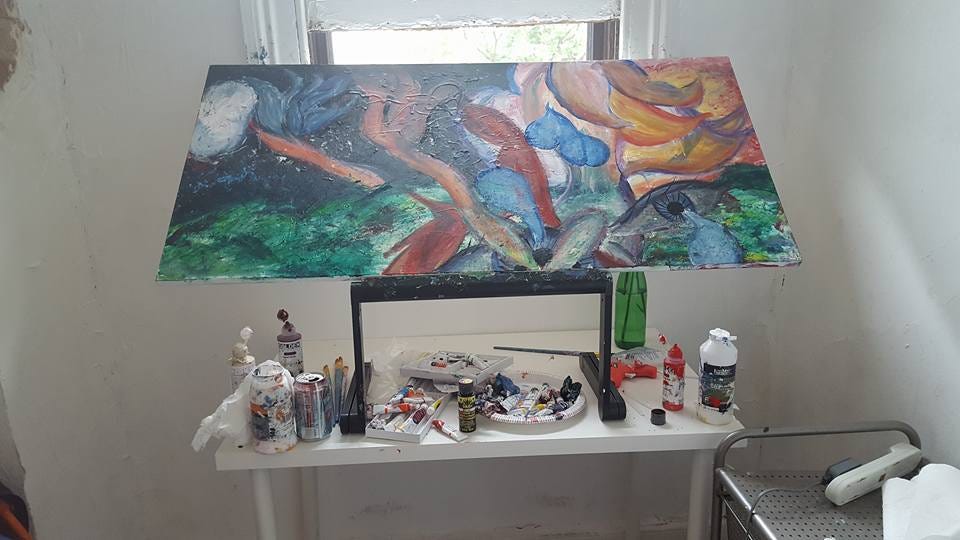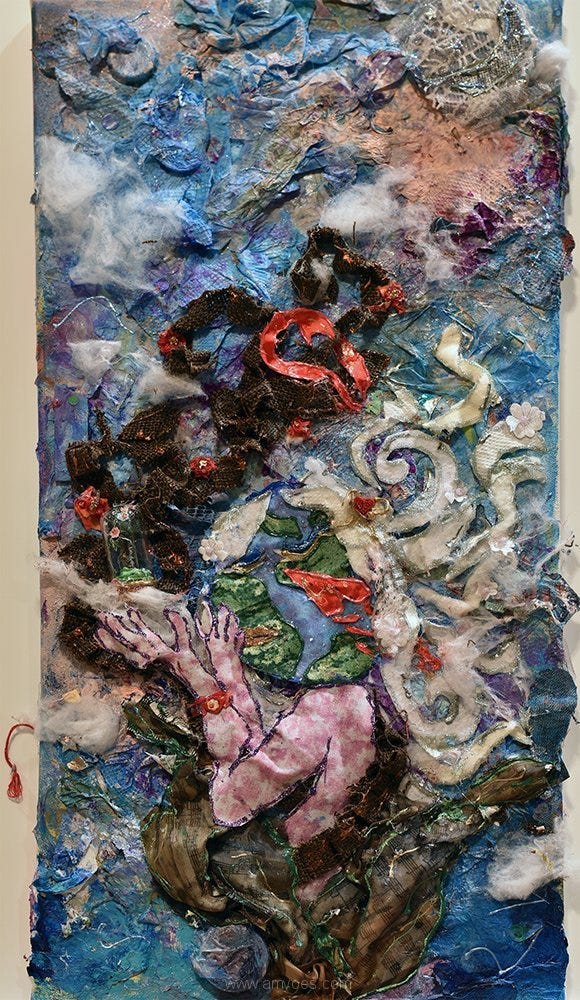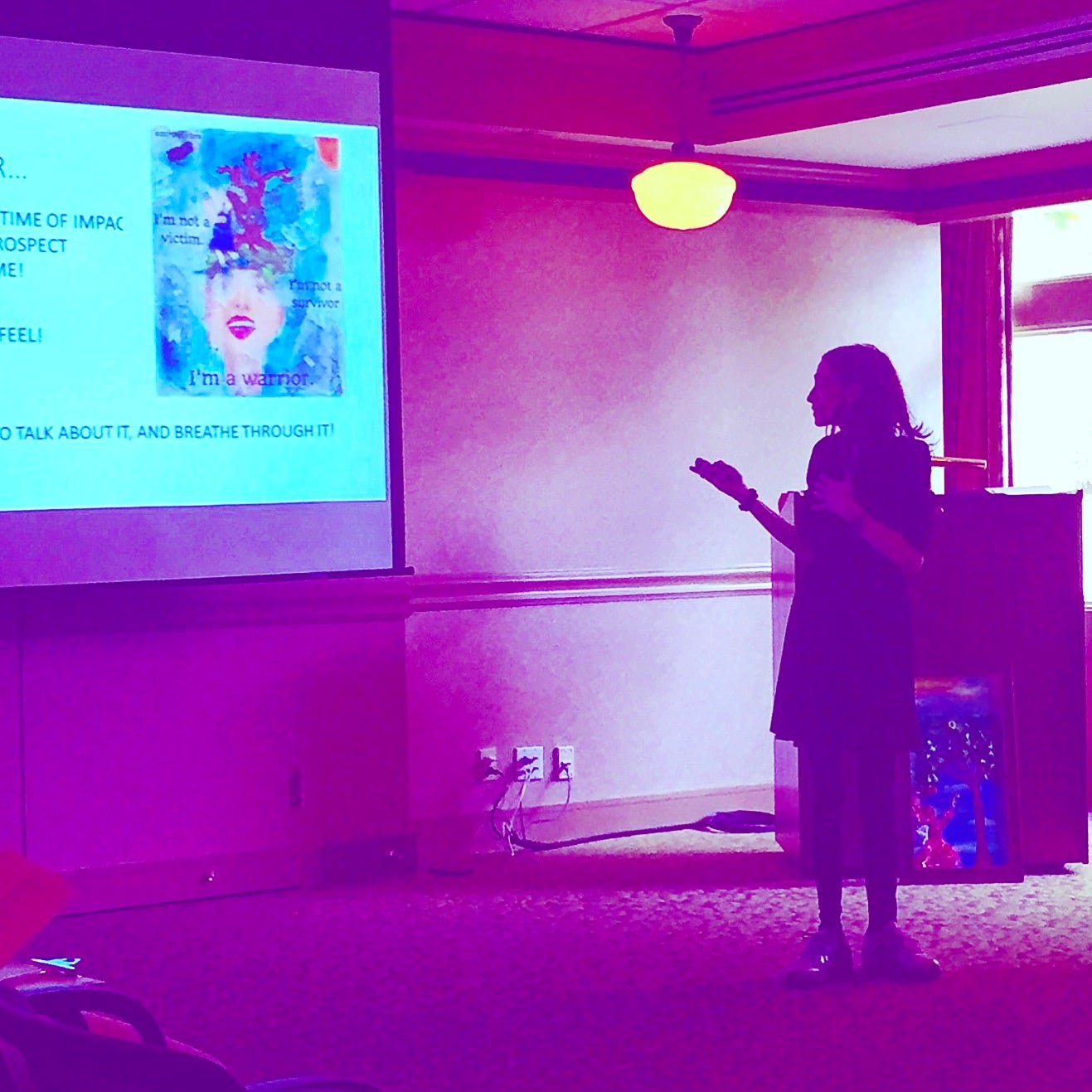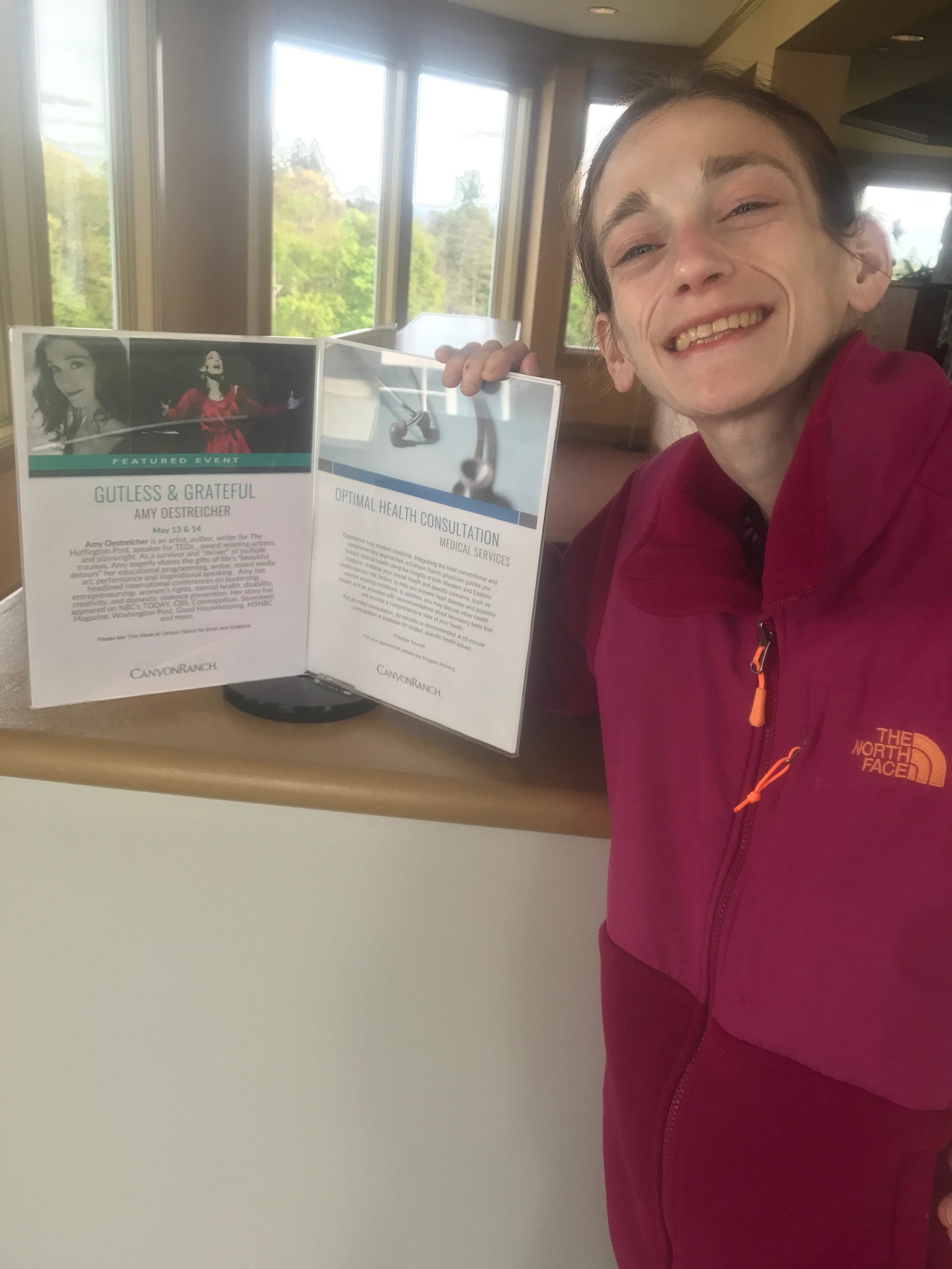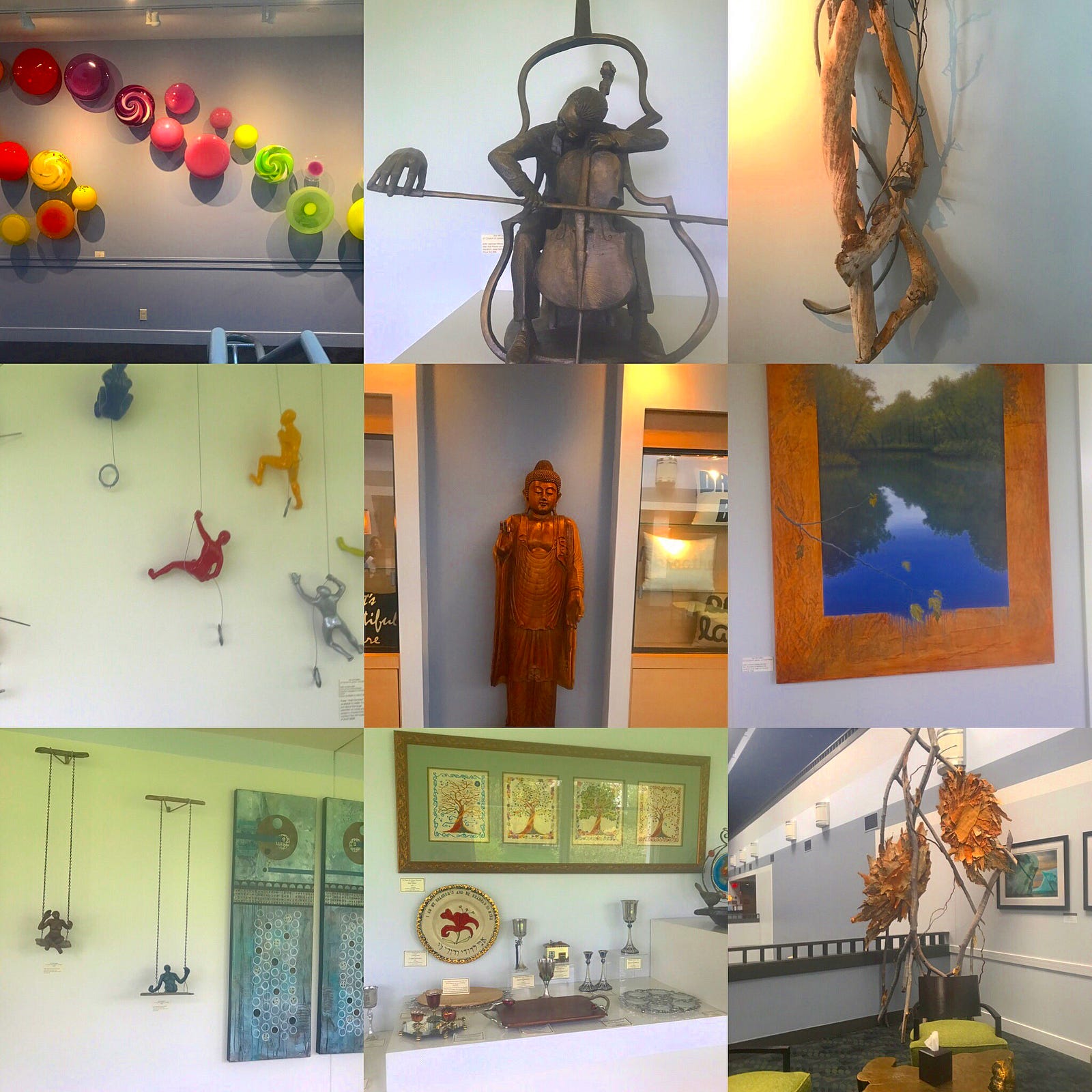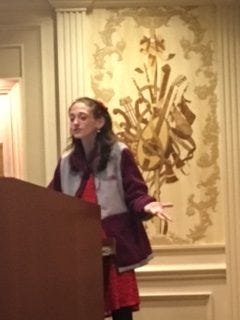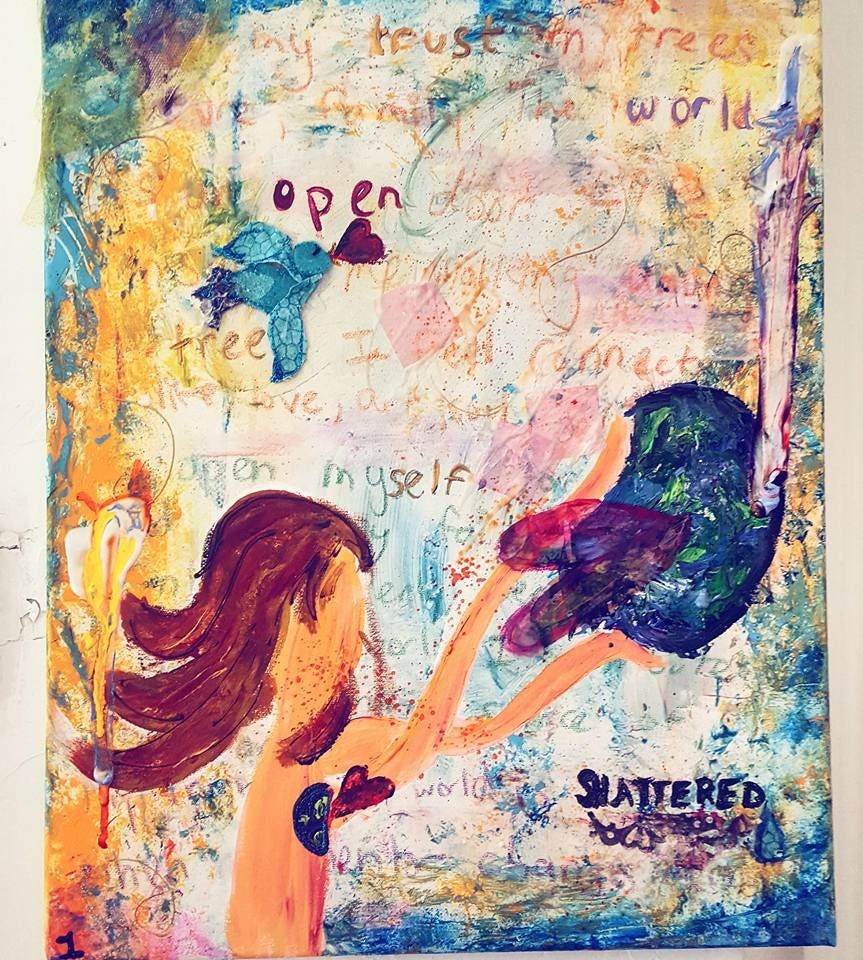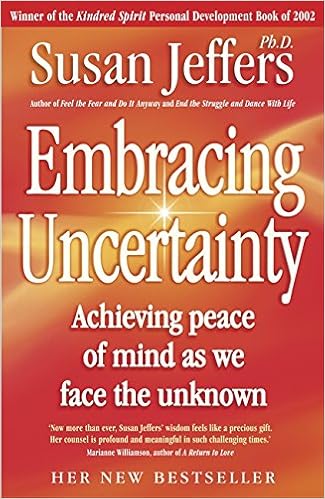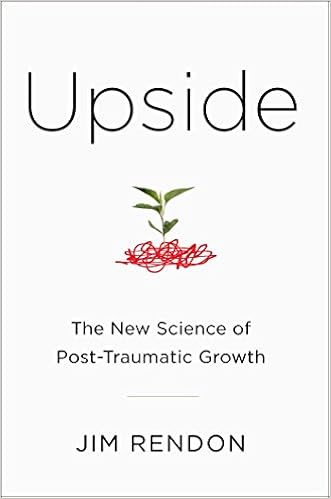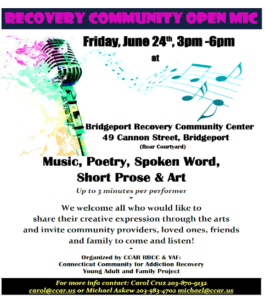The Definition of “Flicker”:
to move unsteadily. To burn or shine fitfully with a fluctuating light. Fluctuating between two worlds.
My Definition of “Flicker”:
Or, as a psychic once told my mother as I lay in a coma, “She’s deciding which way she wants to go.”
And, as my mother retorted, “Well, she doesn’t have a choice.” (Psychic is then “escorted” out of the Pediatric ICU.)
“Fight, my warrior, fight,” were the words my mother determinedly whispered to me throughout the months of my coma. Only she knew the real burn I was battling to save myself from: a secret that threatened to extinguish my inner fire, long before my external world, as I knew it, spontaneously combusted overnight.
So, how does a fitful movement of light, a smoldering glow, a molested teenager, a comatose nomad, or a paralyzed family learn to be more than a flash in the dark once they’ve been burned?
After trauma, can we ever be more than a flicker in the dark?
I’d call myself a flicker that “fluctuated fitfully” to find myself. And
Flickers and a Firestarter is a story that “fluctuated fitfully” to find itself. It’s a full-length, fully-lived play I wrote that fluctuated to find itself too. Together, we flickered, tossed and turned, wracking our brains figuring out how to reclaim life from the crushed, icy wastelands of
trauma.
I wrote a show about it all, Gutless & Grateful. In putting together the arc of a 70-minute musical, I was coming to terms with the “detoured” framework of my life. Giving my story a dramatic arc was a way to reframe my own narrative, and find the meaning in what I had been through: nearly 30 surgeries, six years unable to eat and drink, and perhaps a little mention that I had been sexually abused by my voice teacher shortly before my stomach exploded my senior year of high school.

I wasn’t sure how sexual abuse fit into my story yet.

Perhaps it was because I hadn’t figured out what being a survivor of sexual abuse meant to me at all.
Did Sexual Assault “Fit” In My Story?
Sexual assault is a big burden to carry as a secret – and none of the news stories were talking about anything other than my total gastrectomy and organ failure. In fact, my abuser was still teaching. (He still is.) Where did this experience fit into my narrative?
I learned that the memories I was still struggling with would not be solved by a musical comedy. In my “gutsy” life-story theatrical debut, I was joyously overwhelmed by rave reviews from New York theatre critics.
But there was one line from an otherwise great review that stuck with me:
“Although there is, of course, a connection between mind and body, it was somewhat hard to swallow that the source of her illness could be blamed on being raped, which was implied at the beginning.”

Really? Hard to swallow?
Did Critics Prove Me Wrong?

I was hurt, upset, and perhaps a bit insecure. Maybe she was right. How could I have the nerve to connect sexual abuse to my stomach exploding months later? Re-reading this line on my phone before my final performance, I started to question what I was never really sure about in the first place. Was she making jest on the theory that even doctors were leaning towards? When people heard about my crazy story, the first question they always asked was, “So what made your stomach explode?” I didn’t know – I wasn’t the doctor. But the more I researched on the science of stress, the more I was pulled to investigate this further. And the more research I did, the more startled I was by what I found.
Searching For a Mind-Body Connection
The only thing that connected molestation, secrets, hurt, pain, stomach ache, blood clot, and a coma was…me –my own soul, my own mind, my own emotions. Remembering how the energy in my body felt at each stage, perhaps my instincts were right.
Could Anxiety Lead to a Coma?
After all, the anxiety I felt in my core that made it hard to focus in high school, and the knotting in my chest had to be more than just mind games. There had to be some science to this. Or at least, as a playwright, it was my duty to illustrate what appeared so clear to me.

When I was betrayed by someone whom I really trusted, I froze. I literally don’t remember thinking anything. My abuser himself called me a “space-cadet.” As I sang for him the next week in lessons, he said, “Amy, it looks like your inspiration has run dry.” Why couldn’t I act with the same gusto in my songs? I froze to protect myself from frantic, tumultuous feelings that were suddenly tormenting me every waking second. I turned off my emotional radar and turned my heart to ice, to preserve it. I even remember suddenly feeling physically cold all of the time.
The Evolution of Numbness
When you undergo any kind of trauma, it causes a disturbance in emotions that once came so naturally at a time. My body stopped breathing the same way it used to – a big knot of tension evolved in my chest and remained there like a cocoon. My thoughts became corrupted – I couldn’t think in my naturally poetic way. Suddenly my world became rigidly controlled by numbers and mechanical, compulsive thinking. I couldn’t deal with everyday life. I was too busy hiding my soul in a dark corner so to shield it from the hurt I felt. Without your soul, you are only half a person, a machine who is constantly running from reality. I put up a daze like four safe walls that protected me from being consciously present in the abuse, and when the abuse ended, my daze remained. I lived in a world separate from everyone else.
How Can You Go From Feeling to Frozen Overnight?
I froze after abuse and froze again months later, waking up in an ICU. So how could I finally connect those two parts of me once and for all? The frozen warrior I had been when my voice teacher abused me. The frozen warrior I had to become when suddenly bound to IV machines for nourishment? How could I take those two ice-cold states of numbness I felt and break through them once and for all?
Could I Ever Make Something of This…and Myself?
Would I ever become more than just a flicker?

What’s a flicker? “To move about or behave in an agitated aimless manner.” A temporary growth of activity, and then, to die. A flicker is a flash, a flurry. It’s a light source that flares up, just to subside. A flicker doesn’t usually turn into anything. It’s an almost imperceptible sign of something, and then back to darkness. Yet a flicker saturates the air with a lingering heat. Even in the darkness, something has changed.
What’s a flame? A flame is a passionate burst of fire. And a fire is…well, a fire is heat. A fire is our life force. A fire is what happens when our hearts are ignited with breath, with feelings, with secrets, with all the pain and pleasure of life.
I didn’t survive all of this crap to stay numb. I survived to flicker. And then ignite.
I believe we are all meant to be flames – not numb, frozen states of matter, and not a gaseous puff of past that has gone up in smoke. We are meant to flicker – to fail and win – to feel hurt and love – to dance fitfully between the light and the dark. Only when we fluctuate between both worlds do we truly know how to start a fire. And that is how I could use what I’ve learned from both the world of light and dark to create theatre: the ultimate eruption.
Trauma burns us. It burns with painful memories and lessons that perhaps we weren’t ready to learn.
But a burn can rise from ashes, into flames, into fire, into LIFE.
Trauma frigidly freezes us from the warmth of the human race.
Theatre warmly brings us back.
Trauma makes us forget our inner power.
Theatre makes us tell truths to an audience and to yourself.
Theatre sets us on fire, from a flicker to a flame.
And rediscovering my inner fire was exactly what I needed all along, to “crush” through my icy numbness, to unpack my secrets in storage, and to transform my traumatic imprints into a FIERY warrior’s thunderbolt scar.

Proving a Coma Through Theatre?
I’ve always sensed that the fire in my belly – the stomach ache that turned into a coma hours later – had been caused by seeds planted from a betrayal months prior. But I couldn’t find the words. I couldn’t find the story.
Whether my “medical theory” is true or not, I needed to make that connection for myself, and theatre helped me get there. Through theatre. we learn lessons about ourselves that we seem to have known all along. But now they become a fierce part of our identity, and a gift we can give to the world.
And that’s the power of theatre.
We feel heard even if we’re saying nothing at all.
As creators and audience members interact with the space, we engage in a vital conversation we didn’t even know we had needed.

Theatre sets us on fire. I was burnt 18 years old. I froze. I thawed. I burnt out. I struggled to flicker between the innocent world I once knew and the uncertain world ahead of me. In that flickering, I discovered my flame, my hunger, my passion. I reignited my aliveness. I found what made me light up again. I found me.
Trauma made me Flicker. Theatre made me a Firestarter.

You can help make Amy’s full-length drama, Flicker and a Firestarter, a reality by making any pledge at patreon.com/amyo. While developing “Flicker,” Amy is also touring “Gutless & Grateful,” her BroadwayWorld-nominated one-woman autobiographical musical, to theatres nationwide, along with a program combining mental health advocacy, sexual assault awareness to schools, hospitals, and international conferences. All artwork is self-taught from Amy’s “beautiful detour.” “Detourism” is also the subject of her TEDx Talk and upcoming book, My Beautiful Detour, available December 2017. She’s contributed to over 70 notable online and print publications, and her story has appeared on NBC’s TODAY, CBS, Cosmopolitan, among others. Learn about her art, music, theatre, advocacy, book, and inspiring story atamyoes.com, or “tweet me at @amyoes!”


























 .
.






